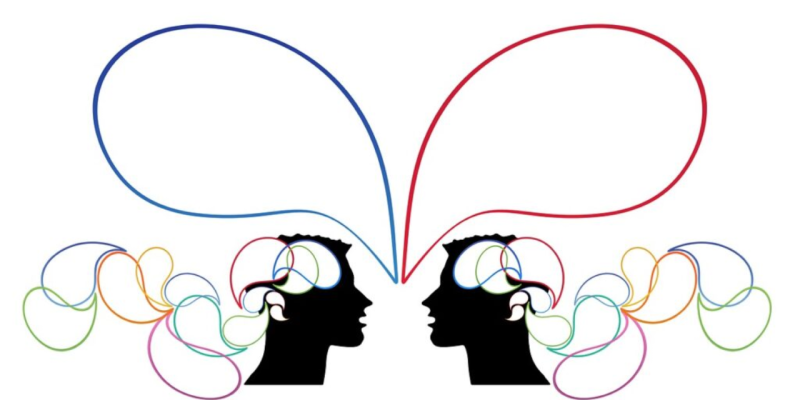
Hearing is often described as something that simply happens, but in reality, it’s a constant exchange between your ears and your brain. Every sound you encounter must be filtered, interpreted, and organized, and your brain is doing that work every moment you’re awake. When hearing begins to slip, that smooth exchange becomes strained, and the brain must work overtime to make sense of incomplete or distorted signals.
When sounds are unclear or faint, the brain tries to “patch” missing information. It guesses at words, fills in blanks, and strains to decode conversations. This extra mental effort may go unnoticed at first, but over time it can drain cognitive resources, making everyday listening feel exhausting. Tasks like following a meeting or keeping up in a lively conversation become more challenging, even in quiet settings.
Hearing loss also influences the brain on a deeper level. Reduced sound input changes how the central auditory system functions. As those pathways receive less stimulation, the networks connected to memory, comprehension, attention, and language processing can weaken. These shifts tend to develop gradually, which is why many people don’t immediately notice the cognitive impact.
Social engagement plays a crucial role as well. When hearing becomes difficult, people often pull back from conversations—especially in louder environments where listening takes more effort. Over time, less interaction means fewer opportunities for the brain to stay active and engaged. This can create a cycle in which hearing challenges lead to reduced social contact, which then affects mental sharpness and emotional well-being.
The good news is that early action can protect both hearing and cognitive health. Routine hearing evaluations provide a baseline and help detect subtle changes before they cause significant strain. Hearing aids and assistive listening technology ensure the brain receives consistent, reliable sound input, easing the cognitive load and improving communication.
Staying socially active is just as important. Conversation, group activities, and auditory hobbies—like listening to podcasts or enjoying music—help keep the auditory system and related brain circuits stimulated. Healthy lifestyle habits, from managing stress to supporting cardiovascular health, also help preserve the intricate connection between hearing and cognition.
Hearing and brain function are deeply interconnected. When you safeguard your hearing, you’re also supporting sharper thinking, richer communication, and sustained cognitive resilience. Maintaining that connection today lays the groundwork for healthier communication and mental strength in the years ahead.











